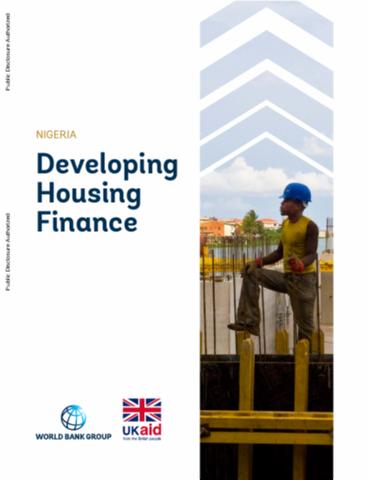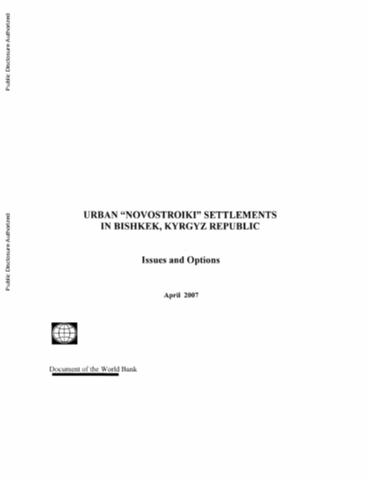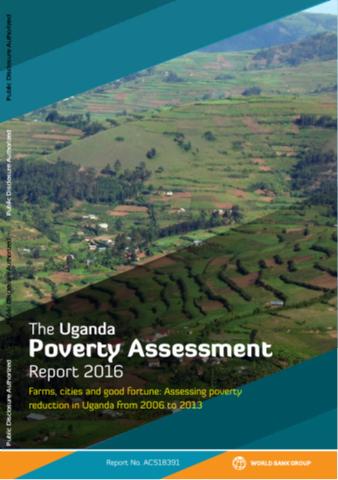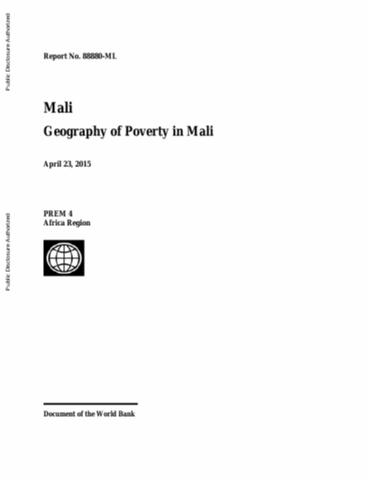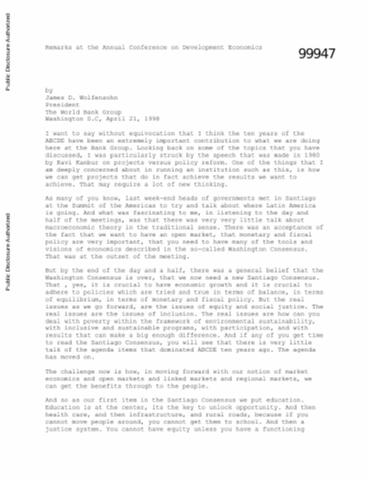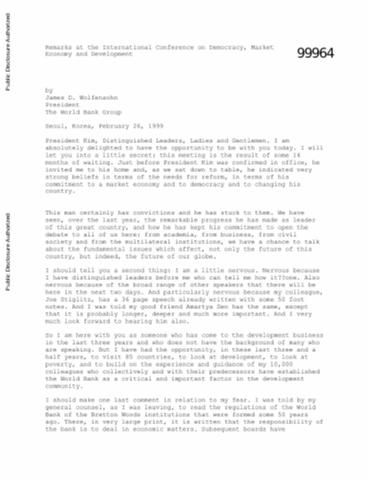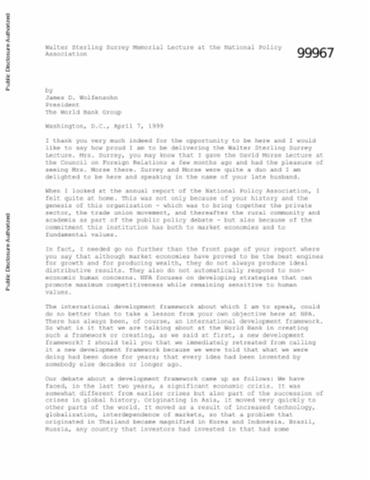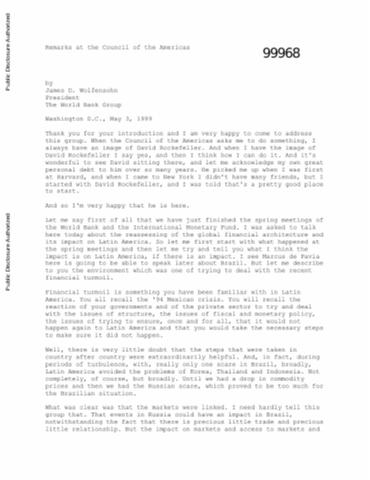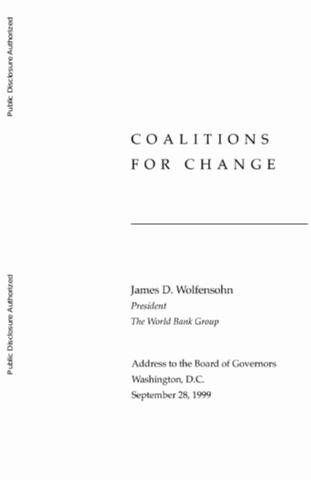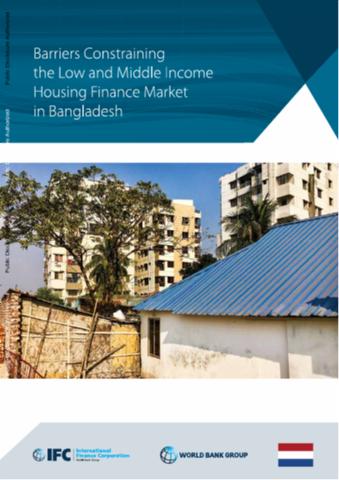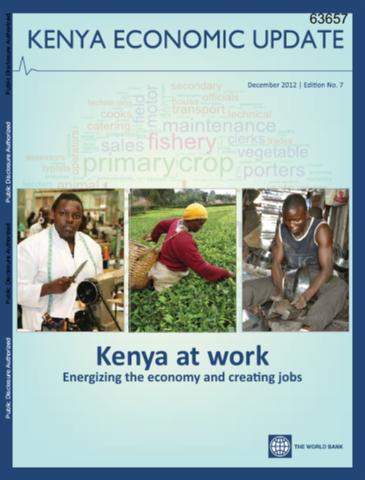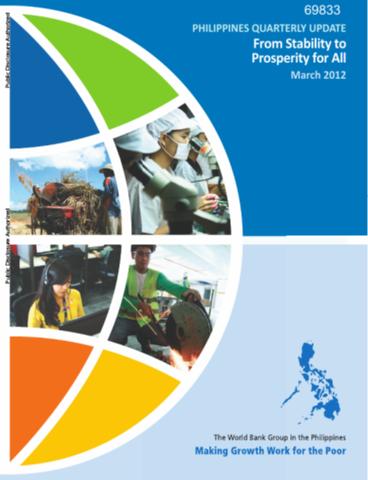Nigeria
This report summarizes the results of the analytical work on housing market finance carried out by the World Bank Group at the request of the Ministry of Finance. The purpose of the work was to inform the policy dialogue about how best to develop a sustainable housing finance market in Nigeria, and improve the effectiveness of interventions aimed at stimulating the housing market and providing quality housing to the population. The work was funded by DFID and carried out over 2013 and 2014.

